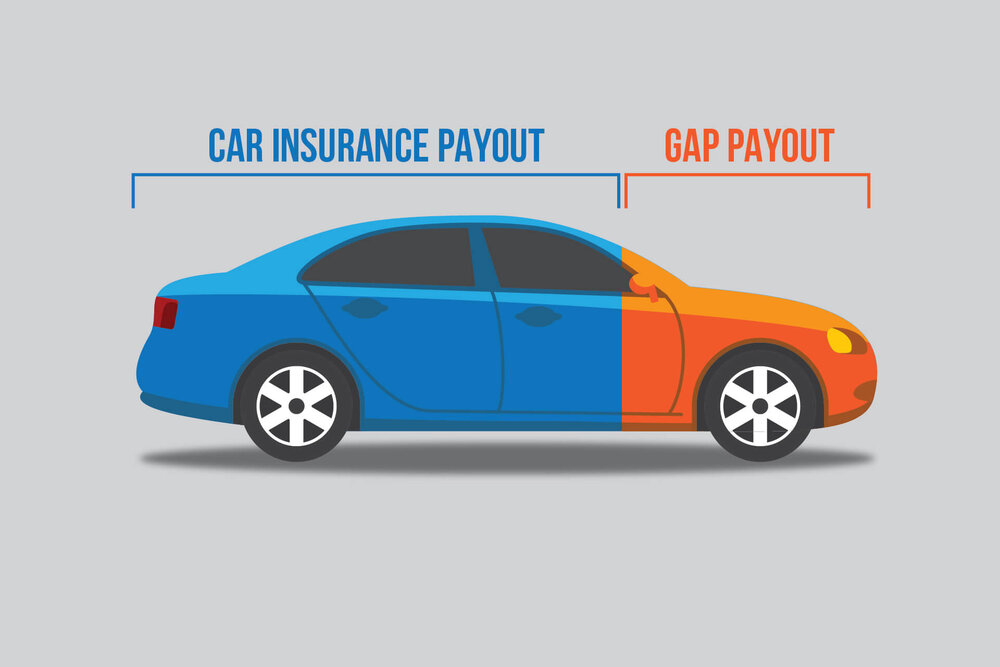Facing eviction in New Jersey can be a challenging and distressing experience for tenants. However, understanding the eviction process and knowing your rights can empower you to navigate this difficult situation more effectively. In this comprehensive guide, we’ll provide tips and tricks to help tenants in New Jersey navigate the eviction process successfully, protect their rights, and explore potential solutions.
Understanding the Eviction Process in New Jersey
Before delving into tips and tricks for handling eviction, it’s crucial to have a basic understanding of how the eviction process works in the state of New Jersey.
Notice to Quit
The eviction process typically begins with the landlord serving the tenant a “Notice to Quit.” This notice states the reasons for ways to stop an eviction, such as nonpayment of rent or lease violations, and provides a deadline by which the tenant must vacate the premises.
Filing of Complaint
If the tenant does not comply with the Notice to Quit, the landlord can file a complaint in the Special Civil Part of the New Jersey Superior Court. The complaint outlines the reasons for eviction and requests a judgment of possession.
Serving the Summons and Complaint
Once the complaint is filed, the tenant is served with a summons and the complaint, officially notifying them of the eviction proceedings. The tenant has a limited time to respond to the complaint.
Hearing
If the tenant contests the eviction, a court hearing is scheduled. Both parties present their cases, and the judge makes a decision. If the judge rules in favor of the landlord, a judgment of possession is issued.
Execution of Warrant for Removal
If the tenant does not leave voluntarily after a judgment of possession is issued, the landlord can obtain an “Execution of Warrant for Removal” from the court. This authorizes law enforcement to remove the tenant from the property.
Tips and Tricks for Navigating Eviction in New Jersey
Know Your Rights
Understanding your rights as a tenant in New Jersey is essential when facing eviction. Familiarize yourself with the state’s landlord-tenant laws to ensure that you’re aware of the protections in place. These laws cover security deposits, rent control, no retaliation, habitability, lease terms, and more.
Read Your Lease Agreement
Review your lease agreement thoroughly. Understanding the terms of your lease, including rent due dates, renewal options, and any special provisions, is crucial to ensuring that you comply with the agreement. It’s essential to adhere to the lease while protecting your rights.
Maintain Open Communication
Open and honest communication with your landlord can often resolve issues without the need for eviction. If you’re facing difficulties, such as financial hardship, illness, or other challenges that affect your ability to pay rent or comply with the lease, communicate with your landlord promptly. Explain your situation and explore possible solutions.
Document Everything
Document all interactions with your landlord and any issues related to your tenancy. Keep records of rent payments, maintenance requests, and any communication regarding repairs or disputes. These records can be valuable evidence if you need to defend your rights in court.
Seek Legal Advice
Consult with an attorney who specializes in landlord-tenant law if you believe that you have been served with an eviction notice unlawfully or that your landlord has not followed proper legal procedures. An experienced attorney can assess your case, provide legal defense, and represent your interests in court.
Mediation
In some cases, mediation can be a valuable tool to prevent eviction. Mediation is a dispute resolution process in which a neutral third party helps both parties come to an agreement. Some counties in New Jersey offer mediation services to tenants and landlords. Consider mediation as an alternative to litigation.
Emergency Assistance Programs
New Jersey offers emergency assistance programs to help tenants facing eviction due to financial hardship. These programs provide financial aid to cover rent and prevent eviction. Explore programs like FamilyCare, NJHelps, and the “One Shot Deal” for potential assistance.
Local Tenant Organizations
Many communities have tenant advocacy organizations that can provide support, resources, and information to tenants facing eviction. These organizations often work to protect tenant rights and can connect you with local resources and assistance programs.
Tenant Screening and Discrimination
Be aware of your rights regarding tenant screening and discrimination. Landlords must follow fair housing laws and cannot discriminate against tenants based on protected characteristics such as race, religion, gender, disability, or familial status. If you believe you’re facing discrimination, consult with an attorney.
Attend Court Hearings
If your case goes to court, make sure to attend all scheduled hearings. Failure to appear can result in an automatic judgment in favor of the landlord. Be prepared with any evidence or documentation that supports your case.
Seeking Legal Assistance
When facing eviction in New Jersey, it is strongly advisable to seek legal assistance. An experienced attorney specializing in landlord-tenant law can provide invaluable guidance and representation. They can help you navigate the legal process, protect your rights, and explore the best strategies to stop or delay eviction.
Conclusion
Facing eviction in New Jersey is a challenging and emotional experience. However, by understanding the eviction process, knowing your rights, and following these tips and tricks, you can better navigate this difficult situation and work towards a resolution that protects your housing rights. Remember that each eviction case is unique, and it’s essential to consult with an attorney for personalized advice and representation. By taking proactive steps and seeking legal assistance when needed, tenants can protect their rights and address eviction challenges effectively.










